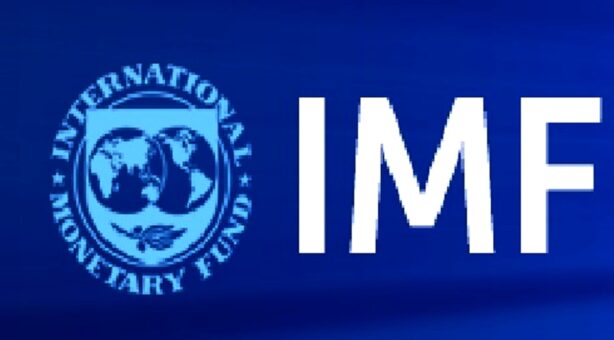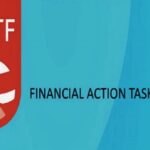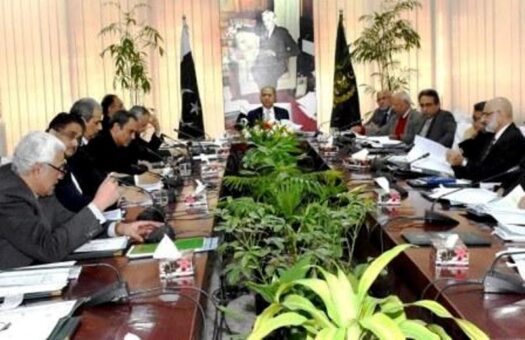ISLAMABAD: The headline inflation based on Consumer Price Index (CPI) has contracted at 12.4 percent in February 2020 as compared with 14.6 percent in January 2020.
According Pakistan Bureau of Statistics (PBS), the headline inflation base-year 2015-16 increased by 12.4 percent on year-on-year basis in February2020 as compared to an increase of14.6 percent in the previous month and 6.8 percent in February2019.
On month-on-month basis, it decreased by 1.0 percent in February 2020 as compared to an increase of 2.0 percent in the previous month and an increase of 0.9 percent in February2019.2.
The CPI inflation Urban increased by 11.2 percent on year-on-year basis in February2020 as compared to an increase of 13.4 percent in the previous month and 7.2 percent in February 2019.
On month-on-month basis, it decreased by 1.1 percent in February 2020 as compared to an increase of 1.7 percent in the previous month and an increase of 0.9 percent in February2019.
CPI inflation Rural increased by 14.2 percent on year-on-year basis in February 2020 as compared to an increase of 16.3 percent in the previous month and 6.0 percent in February 2019.
On month-on-month basis, it decreased by 1.0 percent in February 2020 as compared to an increase of 2.4 percent in the previous month and an increase of 0.9 percent in February2019.
SPI inflation on YoY increased by14.5 percent in February2020 as compared to an increase of 18.3 percent a month earlier and an increase of 7.2 percent in February2019.
On MoM basis, it decreased by 0.8 percent in February2020 as compared to an increase of 0.5 percent a month earlier and an increase of 2.4 percent in February2019.
WPI inflation on YoY basis increased by 12.6 percent in February2020as compared to an increase of 15.4 percent a month earlier and an increase of 13.9 percent in February2019.
WPI inflation on MoM basis it decreased by 0.8 percent in February 2020 as compared to an increase of 1.8 percent a month earlier and an increase of 1.6 percent in corresponding month of last year i.e. February 2019.







